Picking up rubbish, also known as litter or trash, is a commendable effort to help keep your environment clean and protect the planet. Everyone should clean up after themselves while doing outdoor activities. It should be something common that they do. This would help the planet stay healthy.
Of course, once you have picked up all your rubbish, you need somewhere to put it. You could call the waste removal experts at Ridly to see what they have to offer. You could get rubbish bins from them to help clean up.
Whether you’re doing this as an individual or as part of a group effort, this article will give you some tips for effectively picking up rubbish. By following these tips, you contribute not only to a cleaner environment but also to raising awareness about the importance of responsible waste management.
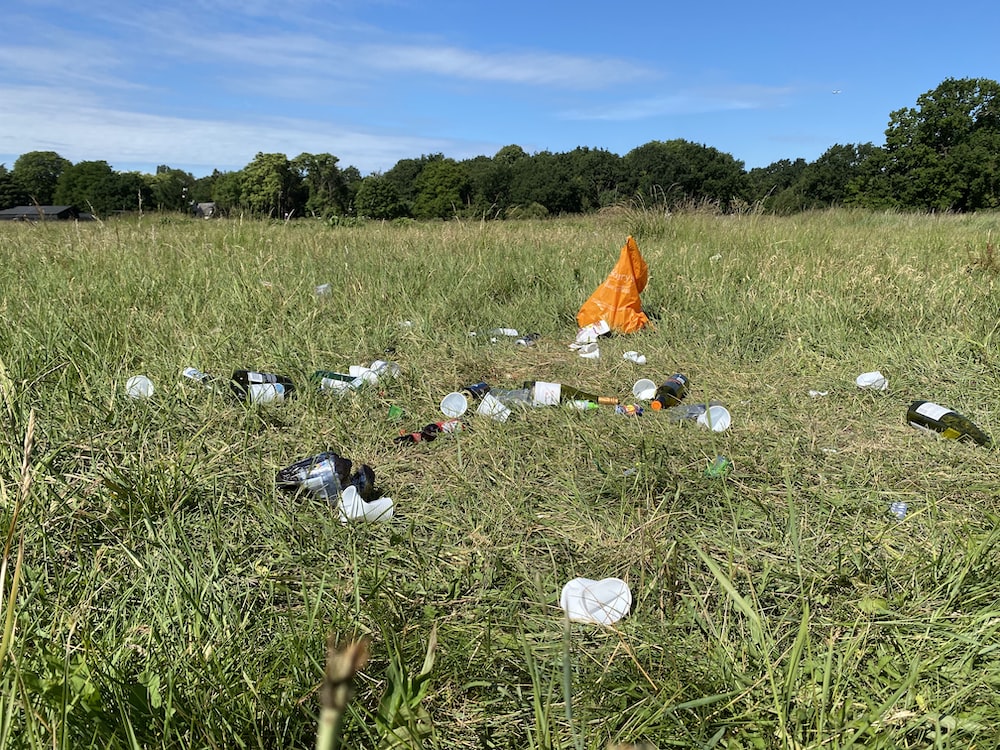
1. Choose the Right Place
Decide on the area you want to clean and make a plan to cover it effectively. If you’re working with a group, assign specific areas to each participant.
Here are some common places where you might consider picking up rubbish:
- Residential Neighborhood – You could join a volunteer group and clean up your own neighborhood. Cleaning up your own neighborhood is a great place to begin. Sidewalks, streets, and common areas within residential neighborhoods can benefit from regular cleanups, fostering a sense of community pride.
- Roadways – One place that you could choose to pick up trash is near the roadways. This will keep the streets safe and clear of debris. You can keep the roadways safe so that cars don’t run over large objects that can harm them.
You need to be extra careful picking up near roadways because it can become unsafe quickly. Make sure that you stay off the roadway itself unless it is perfectly safe to do so: https://ktb.org/ktb-blog/txdot-highway-cleanups-a-how-to-guide/. You don’t want to become a statistic while cleaning up.
- Businesses and Public Services – You can clean up litter from nearby businesses and public services. Streets, sidewalks, and public spaces in urban areas are susceptible to litter. Cleaning up in these locations contributes to a cleaner and more pleasant living environment.
- Recreational Areas – Popular trails and outdoor recreational areas may accumulate litter. Picking up rubbish in these areas preserves the natural beauty and encourages responsible outdoor behavior.
If you enjoy hiking and camping, picking up rubbish in camping areas ensures that nature is preserved for future visitors.
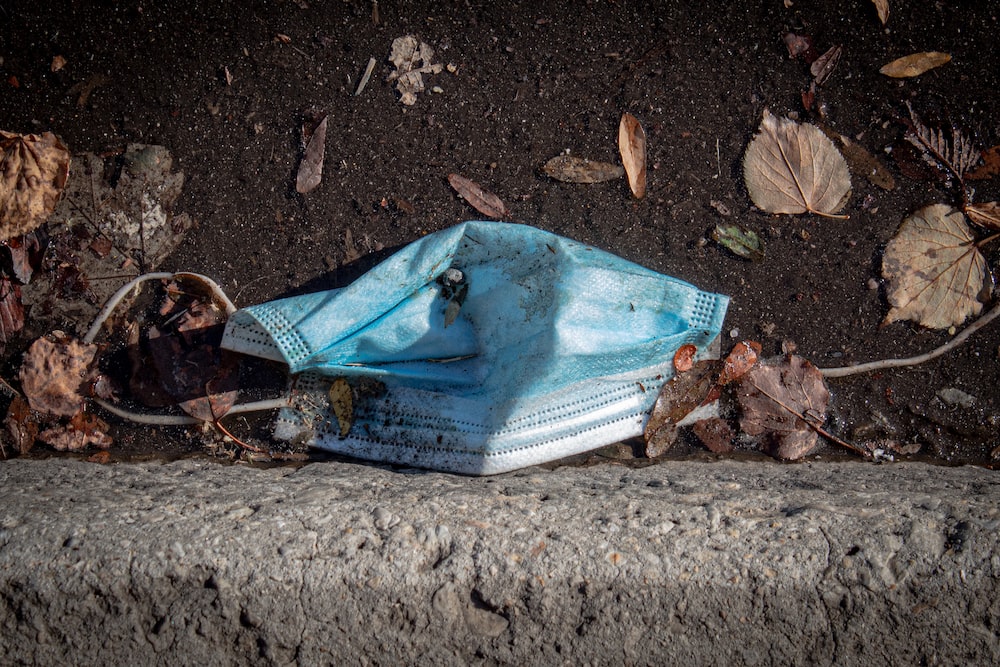
- Storm Drains – Storm drains lead to rivers, which often lead to the ocean. You don’t want to have rubbish make its way through the rivers and into the ocean, so you could clean up around the storm drains. Sometimes trash gets thrown into the storm drains, as well. If you see things in the storm drain and can get them without going into the storm drain, you could pick them up, too.
- Local Parks – Public parks are common areas for litter and keeping them clean enhances the community’s enjoyment of these spaces.
- Schools and Educational Institutions – Campuses can accumulate rubbish, especially in common areas. Organizing a cleanup at a school promotes cleanliness and educates students about responsible waste disposal.
- Public Transportation Areas – Bus stops, train stations, and other transit hubs can be litter hotspots. Regular cleanups contribute to a more welcoming and organized transportation system.
Remember to check with local authorities or organizations for any ongoing cleanup initiatives or campaigns in your area. Additionally, be mindful of safety considerations, especially when cleaning up in or near traffic, water bodies, or areas with potential hazards. Collaborating with local community groups or environmental organizations can amplify the impact of your efforts.
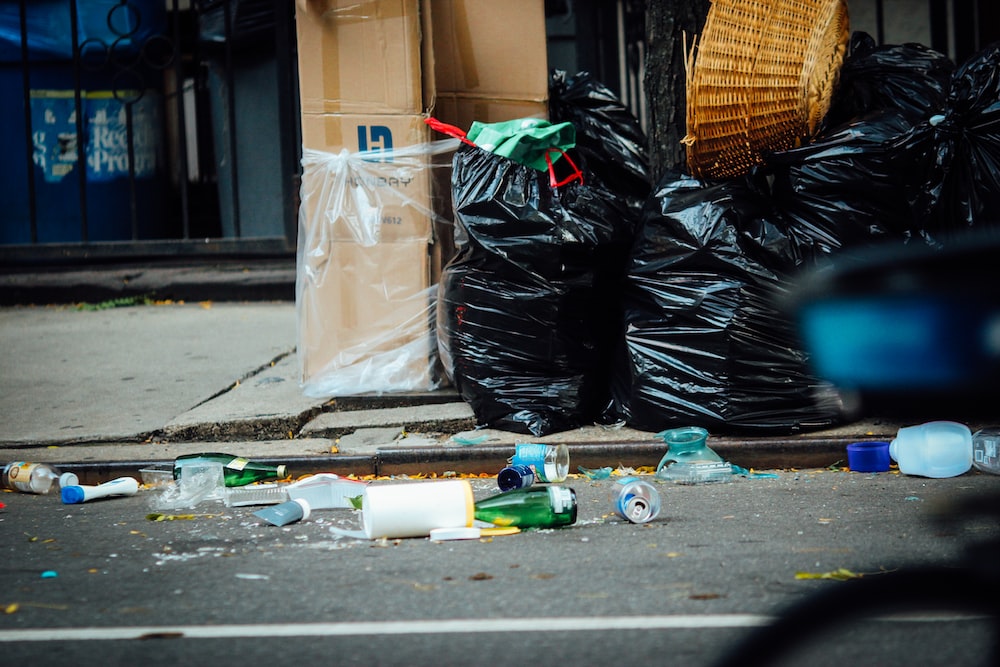
2. Equip Yourself
- Reflective Vests – These reflective vests are usually a bright fluorescent color with reflective strips. This will help you to stand out in your surroundings. It is especially important to wear these vests when you are working near roadways.
These are important for everywhere, though, and not just roadways. This will help you stand out when you are working in groups and will help you to stay near your group. It is safer for you to stay all together when you clean. You want to be safe and not stray too far away from the group.
- Sturdy Gloves – You also want to have a sturdy pair of gloves to help you out. You don’t want to hurt yourself on something sharp and the gloves will help to protect your hands. Make sure that they are thick enough to do the job.
Use gloves for the entire time that you are picking up litter. You don’t want to take them off and get cut from glass or stuck by wires that might be sticking out. Be safe and wear gloves whenever you are picking up rubbish.
- Litter pick-up stick – You want to make sure that you use the proper materials to help you to clean up. One of the main items that you might want is the litter pick-up stick. See more about pick-up sticks here. These help you to grab litter from the ground without continually having to bend over.
Some of these sticks have a clamp that helps you to grab the trash. Others have a sharp point at the end that you can stab the rubbish with. Both are great ways to help you to clean up. There may be other items that can help you pick up the trash if you do some research.
- Litter Bags – You should carry several bags with you so that you can separate the rubbish. You could put plastics into one, glass in another, and paper in yet another. This way, you are all ready to recycle when you return. Just remember that you can’t recycle your plastic bags in some of the recycle bins.
You could also buy a handle that allows you to carry more than one bag at a time. This will help you to carry all your bags at once. You can carry much more this way and collect more rubbish.
- Proper Dress – Don’t overdress and get too hot or underdress and get too cold. You need to be comfortable when you are doing this job. It may take you awhile and you don’t want to overheat or get too cold. The more comfortable you are, the longer you will be able to work.
Dress appropriately for where you will be working. Wear comfortable clothing and sturdy shoes, especially if you’ll be walking or hiking during the clean-up.
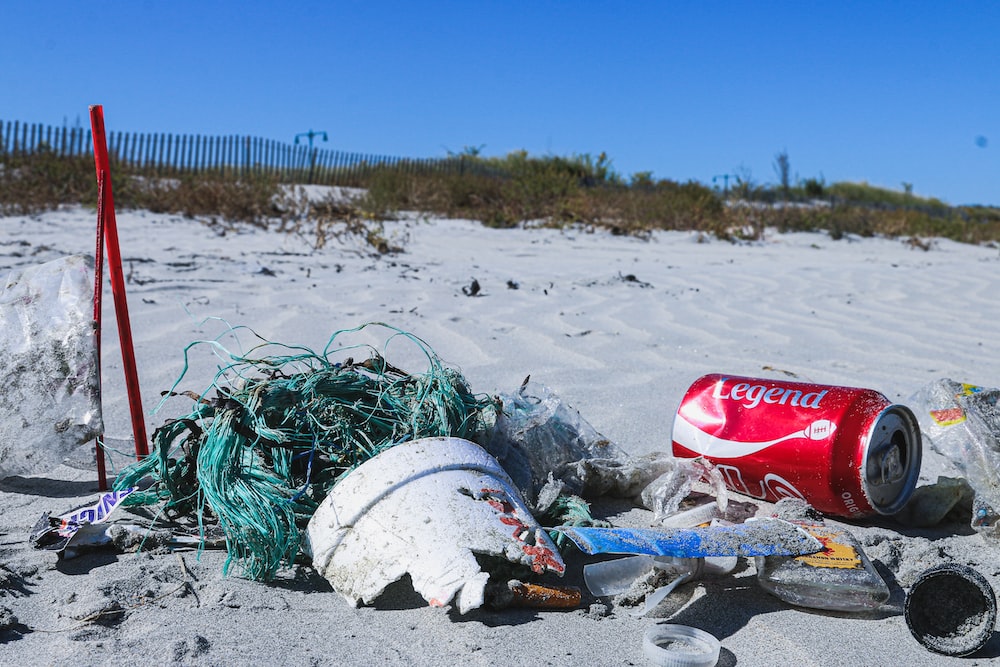
3. Be Mindful of Hazardous Materials
There are many hazardous materials that you want to avoid completely. You can report these items to the city or the landowner so that you don’t have to deal with them. You want to stay safe while you are cleaning and not get hurt by something later.
These items can include human waste, needles, personal hygiene products such as condoms and tampons, and electrical items. Other things could include dead animals, bottles of liquids, unlabeled bottles, and chemicals. These things can harm you and you don’t want to deal with them.
4. Dispose Properly
- Separate recyclables from non-recyclables. Learn your local recycling guidelines.
- Check for special recycling programs for items like electronics, batteries, or hazardous waste.
- Ensure that you dispose of the collected rubbish in the appropriate bins or dumpsters.
- If you’re not sure where to dispose of something, check with local waste management or recycling centers.
Conclusion
You can pick up rubbish in various locations, and the choice often depends on your personal preferences, local needs, and any specific cleanup efforts or campaigns happening in your community.
Remember, your efforts, no matter how small, contribute to a cleaner and healthier environment. Leading by example can inspire others to take similar actions, creating a positive ripple effect in your community.


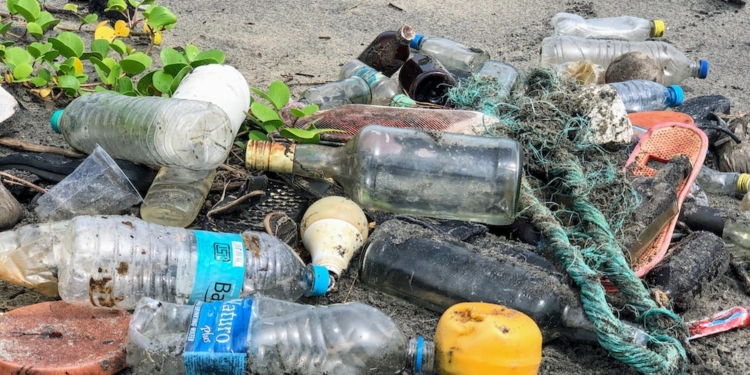






Discussion about this post